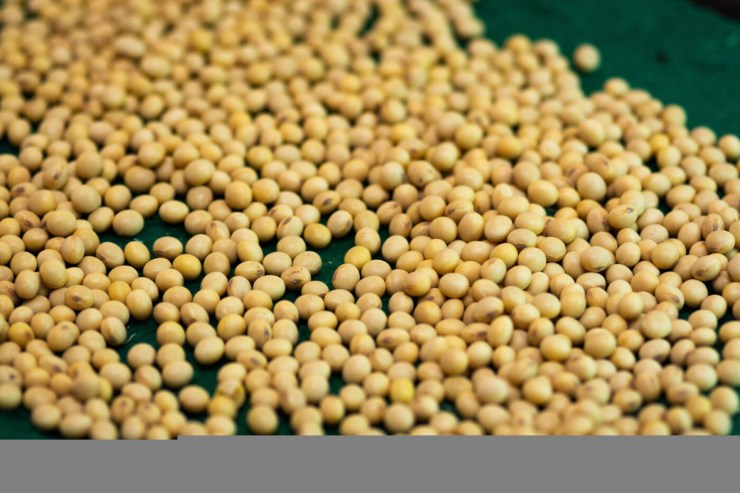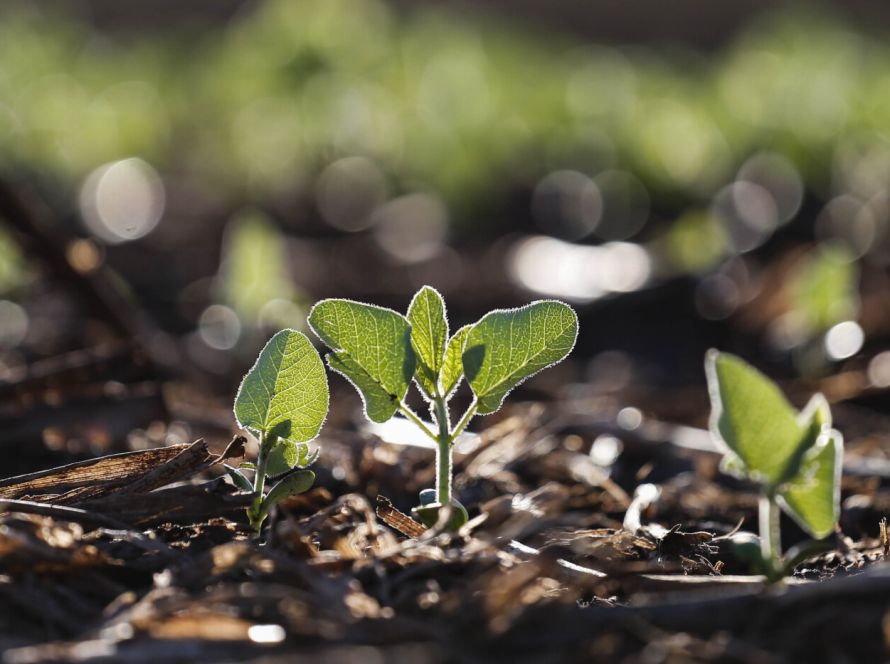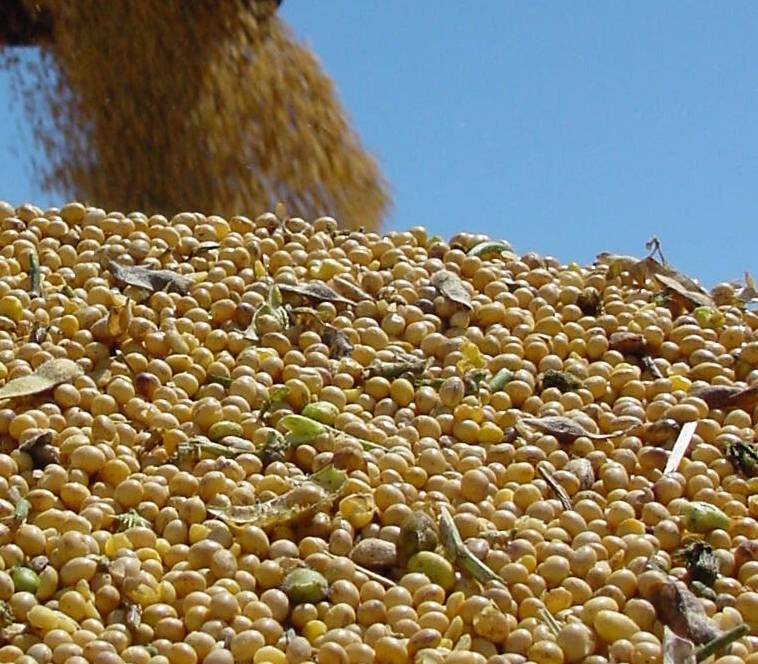This is the time of year when soybean farmers begin preparing for sowing. When treating seeds, it's important to consider the compatibility of recipes to ensure that products such as fungicides, insecticides, fertilizers, and biologicals (inoculants) interact safely and efficiently, working together to protect the soybean seed and promote healthy plant development.
According to Fernando Bonafé Sei, technical area manager at Novonesis, a global leader in biosolutions, "the selection and combination of products for Industrial Seed Treatment strictly adheres to the registrations, recommendations, authorizations, and package inserts established by the manufacturers. Furthermore, product selection—including polymers, micronutrients, biologicals, and other phytosanitary products—is the determining factor for performance, health, safety, and environmental impacts," he states.

Photo: OPR Archive
The agronomist also emphasizes that the inclusion of biosolutions can directly contribute to increased crop productivity. "According to field surveys, inoculants, through Biological Nitrogen Fixation (BNF), can increase average productivity by up to 8% with reinoculation (study published by Embrapa in 2022). Furthermore, they enable a reduction in the use of synthetic nitrogen fertilizers," he comments. Bonafé Sei explains that this increase in productivity is possible thanks to rhizobia, beneficial and symbiotic bacteria that capture and fix nitrogen from the air and deliver it directly to plants, promoting healthy growth and greater resilience.
At the forefront of biosolutions
Novonesis is at the forefront of biosolutions development, focusing on improving formulations with microbial strains. The brand's latest launch, the CTS 1000® solution package, was developed to ensure the survival of these organisms under adverse conditions and ensure their effectiveness when combined with chemicals used in Industrial Seed Treatment (IST).
The technology present in CTS 1000®, a long-life Bradyrhizobium-based inoculant, extends the time required for industrial seed treatment to up to 90 days before planting, compared to the usual 24 hours after on-farm application. "In addition to extending the seed post-treatment period and simplifying planting with 'open and plant' convenience, CTS 1000® is more effective, achieving an average yield gain of 8.5 sc/ha compared to standard inoculants. This is due to the increased nodule formation and nitrogen fixation provided by our solution," explains Bonafé.
Another distinguishing feature of the product are the precursor molecules of LCO (lipochitooligosaccharides). These sugars, produced by bacteria of the genus Bradyrhizobium, signal to the plant (soybean) the beginning of symbiosis, promoting nodulation. These signals allow rhizobia introduced via inoculation to begin nodulating earlier.





